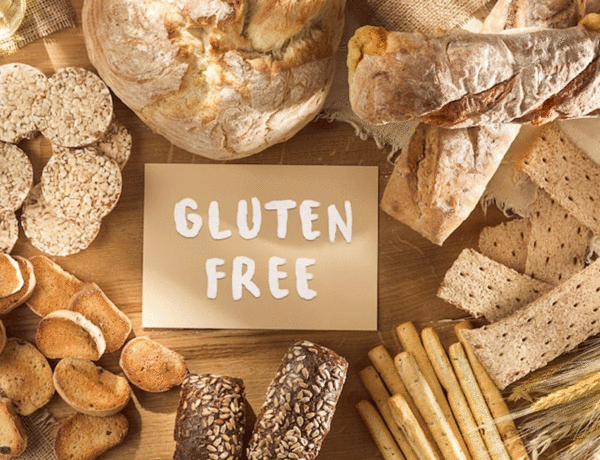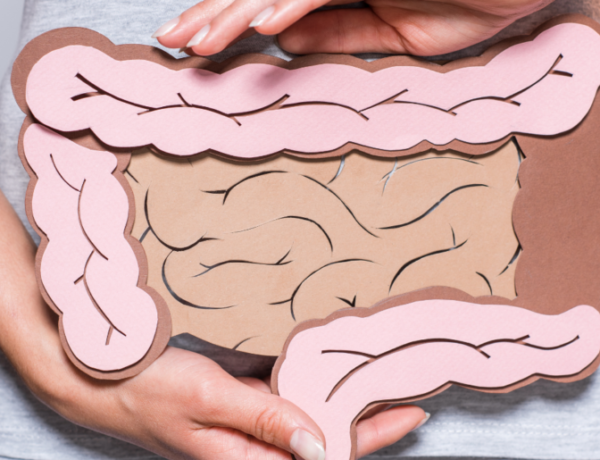What is constipation?
Constipation is hard, pelleted stools that are difficult to evacuate and do not occur daily. Symptoms include abdominal pain, bloating, gas, and the feeling of not having eliminated completely.
Sometimes, there are complications such as hemorrhoids, anal fissure, or fecal impaction. It is estimated that 20% of the population suffers from constipation, and 50 to 75% in the elderly. Some people do not go to the bathroom for 5, 7, 10 days or more. Then they have huge, painful bowel movements, which start out as poop, then large stools, and finally diarrhea. Bristol Scale: shows what the stool looks like. Ideally #3 or #4. It looks like a smooth, shaped sausage. Normally, the stool should slide out easily without pain, without effort, without waiting; it should not be messy or smelly, and it should give a feeling of relief. And the color should be dark brown.
What causes constipation?
For starters, poor diet leads to poor digestion. Also, lack of exercise, diseases such as irritable bowel syndrome, hypothyroidism, Parkinson’s, celiac disease, gluten sensitivity, milk intolerance, diverticulosis, etc. Sometimes it comes from medications: opioids, antacids, hypotensives, antidepressants, iron, etc. or even from an abuse of laxatives: the colon becomes lazy and dependent and leads to a lack of gastric acid.
We also notice that it is due to a lack of pancreatic enzymes or a lack of bile production: with frequent gallstones or lithiasis. Concerning Dysbiosis: always!!! Beneficial bacteria play a crucial role in enzyme production, stool formation and elimination. The most useful species are bifidobacteria and healthy strains of E. coli.
They produce enzymes; stimulate the colon walls to produce mucus for lubrication. Repopulating with beneficial bacteria is the most important thing you can do to treat constipation! Lack of nerve stimulation via the vagus nerve can also be a cause. Finally, adrenal fatigue and dysfunction of the brain-intestine axis leads to constipation.
What can I do to relieve constipation?
To start with, drink more, use fibers such as acacia, psyllium, apple pectin, chia seeds and flax seeds. Exercise is also recommended.
Regarding dairy products, for constipation it is better to use high-fat dairy products such as ghee, butter and sour cream, and not protein-rich dairy products such as yogurt, whey, kefir and cheese. Lacto-fermented vegetables; Beet Kvass; GAPS Milkshakes can be preferred.
Also, liver and gallbladder cleansing can help with relief. One can also use supplements such as alpha-lipoic acid; MSM; Prebiotics; probiotics; Quinton; Magnesium glycinate; Spirulina, chlorella, or Klamath blue algae…
Other little techniques: take olive oil on an empty stomach in the morning. Replace dry meats with gelatinous meat. Eat offal, especially liver. Make castor oil poultices on the abdomen.
Occasionally: purging with castor oil, or cascara sagrada or senna, but not on a regular basis, as they make the colon lazy
Finally, glycerine suppositories can be used. One can also put a stool under the feet to relieve oneself and stimulate the Vague nerve. 5HTP or GABA or Tyrosine can be used to help the intestine-brain axis.
Enemas
Enemas can be done with water, sea salt, chamomile, probiotics or broth, and even coffee. After an enema, probiotics can be implanted from whey, kefir, yogurt, fermented vegetable juice, probiotics.
How to restore the intestinal flora?
We have an epidemic of depleted intestinal flora. To restore it we must first eliminate the potential causes: irritating foods, heavy metals, chronic infections, reduce exposure to stress and manage stress reactions, reduce exposure to electromagnetic fields.
Second: nourish the intestinal flora with fermented and probiotic foods.
Conclusion
Constipation is a modern symptom due to disturbed intestinal flora. It can lead to serious degenerative diseases: Parkinson’s, autism, cancer and serious infections and/or a plethora of symptoms!!!
Our gut flora is like the roots of a plant; if it is disturbed, the plant cannot grow properly. We cannot function or grow properly if our gut flora is out of balance.
This is the key to most health problems!










No Comments